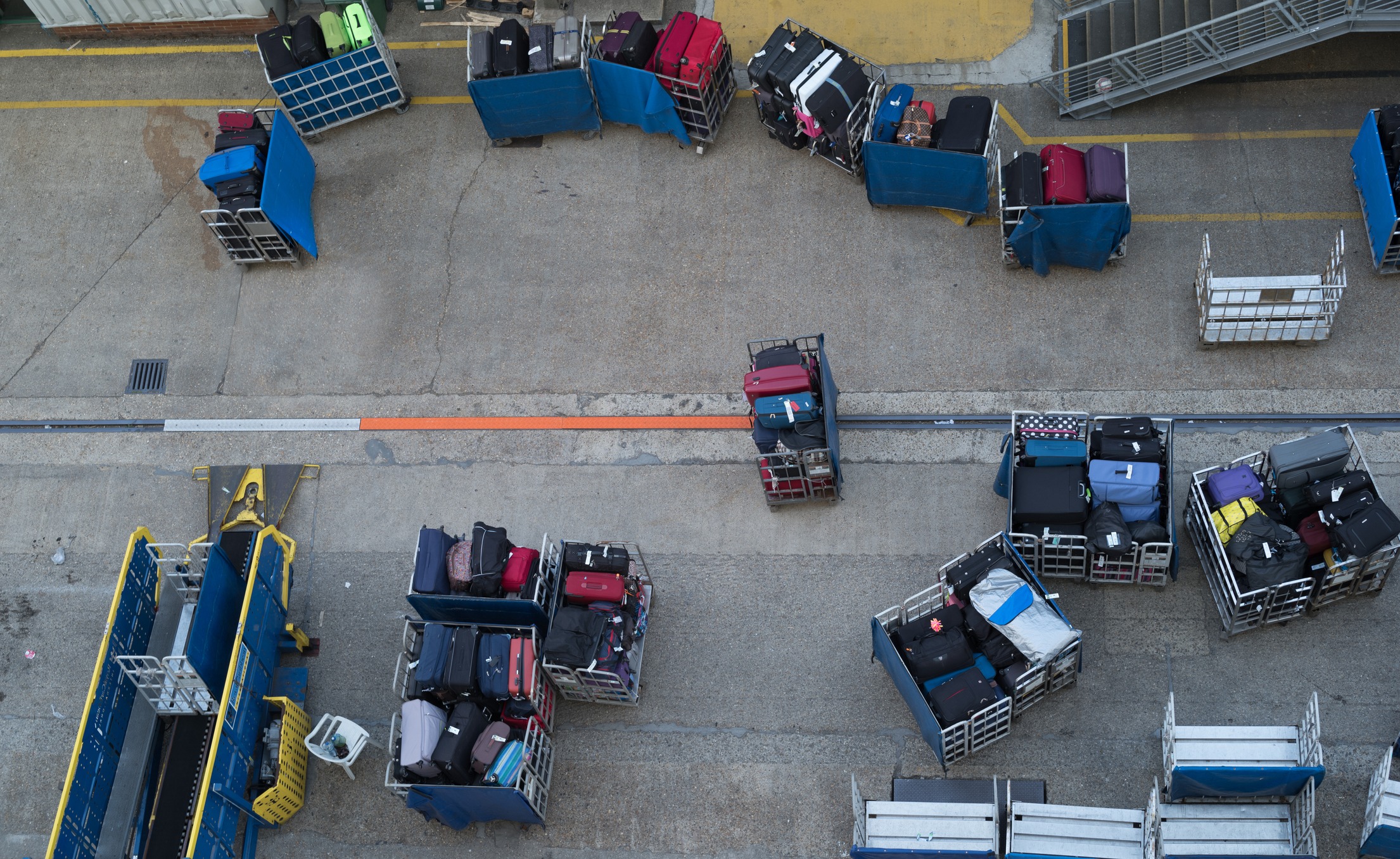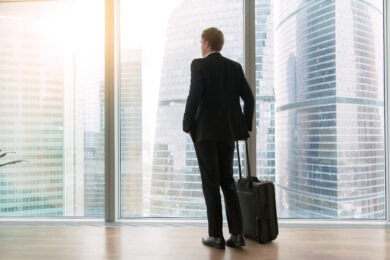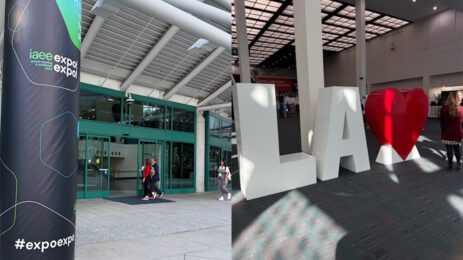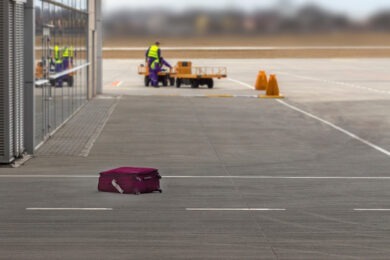Editor’s note: This Week in Travel (TWT) is your essential guide to smoothing the road from here to there for your attendees and yourself.
Monkeypox Takes the Front Page But Are Covid Rates the Real Story?
This week, the CDC raised their assessment of travel risk for monkeypox from level one (practice usual precautions) to level two (practice enhanced precautions). The site also recommended that travelers should wash hands frequently and try to avoid hand-to-face touching while en route.
While the World Health Organization (WHO) and the CDC report that the strain which has appeared in several European countries as well as the United Kingdom and now the United States is the milder of two existing strains, both organizations are working to contain the outbreaks that have occurred in the past two weeks.
The CDC reports that this strain has been seen in people who have not traveled to areas of high transmission (e.g., Nigeria) but that the current data on the strain suggest transmission by close personal contact. In terms of travel, this could be an issue if a person traveled next to someone who had lesions in their throat which transmit through respiration, but the only possible such transmissions have happened with people sitting directly in the same aisle as infected seat mates on long flights.
The CDC also says that the risk to the general population remains low. However, in a press conference via phone on May 26, CDC’s Deputy Director, Division of High Consequence Pathogens and Pathology, Capt. Jennifer McQuiston said, “We are in the early days of this response. Likely more cases will occur.”
While Monkeypox may be top of mind in the media, Covid-19’s rising U.S. rates of infection and hospitalization are also an underreported but important trend. Dr. Ashish Jha, the White House Coronavirus response coordinator told ABC This Week’s Martha Radditz that along with vaccines and boosters, “when you’re in an indoor space, you should be wearing a mask. I feel that very strongly, that in crowded indoor spaces, in places with high transmission, people should be doing that.”
Read More: What You Don’t Know About the Future of Attendee Safety Could Put You at Risk
On monkeypox, Jha said: “Let’s talk about what we know right now, this is not a new virus to us. We’ve known about this virus for decades. We have a case in Massachusetts, at Mass General, we have at least one confirmed case in New York, tracking others. I would not be surprised, Martha, if we see a few more cases in the upcoming days. And I think the president’s right, anytime we have an infectious disease outbreak like this we should all be paying attention.
“But I feel like this is a virus we understand. We have vaccines against it, we have treatments against it, and it spreads very differently than SARS-CoV-2. It’s not as contagious as Covid. I am confident we’re going to be able to keep our arms around it but we’re going to track it very closely and use the tools we have to make sure that we continue to prevent further spread and take care of the people who get infected.”
Bottom line for meeting planners: As Covid-19 rates increase around the country, plan for potentially masking in group settings, especially in the winter months. Send out updates to clients on monkeypox that counter the current media frenzy on the topic, but give real-time data. Recommend clients mask in-flight although that is no longer mandatory. A quality KN95 or N95 mask would, theoretically protect travelers against respiratory transmission of both Covid-19 or monkeypox.
Summer Travel Boom Spotlights Bleisure Travel

While pent-up demand is having an impact on summer travel plans, many travelers say they plan to work while vacationing this summer, according to Deloitte’s new “Getting Back to Getaways: 2022 Deloitte Summer Travel Survey.”
Key findings include.
- Laptop luggers change the travel game. As workplace flexibility continues to increase, 20% of travelers plan to work during their longest summer trip. Laptop luggers tend to spend more, take longer trips, and travel with larger groups, with three out of four saying their longest trip will last one to three weeks. Further, four out of five are extending their trip due to their ability to work remotely.
- Laptop luggers open their wallets. The majority of laptop luggers are generally younger and wealthier, with 18-to-34-year-olds being five times more likely to work on vacation, and those who report an income of more than $100,000 per-year are twice as likely to do so. To that end, 40% of them say their trip budget this year exceeds pre-pandemic levels compared to 25% of those who do not choose to work during vacation.
- Laptop luggers prefer private rentals. While 20% of travelers are planning to stay in private rentals this summer, laptop luggers are twice as likely to do so for the first time during the pandemic. What’s more, they’re nearly 1.5 times as likely to continue to use them for half or more future trips. The added space to work that’s inherent in private rentals increased 19% in influence since last year.
Eileen Crowley, vice chair, Deloitte & Touche LLP and U.S .transportation, hospitality and services attest leader put the study’s findings into perspective for planners for Smart Meetings:
This summer, Americans are ready to travel again. As travelers get back out there, a few trends translate from leisure to business travel. First, travelers are concerned about availability of desired amenities on their trips. Some meeting planners are addressing these concerns by writing amenity guarantees into contracts to provide a more desirable and consistent experience for attendees.
Second, the pandemic drove some travelers to private rentals, a trend we’re continuing to see with leisure travel this summer. Though this desire for nontraditional lodging could provide a challenge for meeting planners keeping attendees in room blocks, it could speed up alternative accommodations’ momentum toward being bookable within more corporate booking tools.
Read More: Travel Survey Reveals Secrets for Making “Bleisure” Work
Mishandled Bag Rates Spike

Arriving at your meetings destination without your checked bag may be more likely this year, suggests a new report by SITA (Societe Internationale de Telecommunications Aeronautiques).
The global mishandled baggage rate has spiked by 24% to 4.35 bags per thousand passengers in 2021 as the industry recovers from the pandemic, according to the SITA Baggage IT Insights 2022.
The report shows passenger traffic has evolved since 2020, with most of the 2021 recovery being driven by domestic travel, but the resumption of international and long-haul flights is contributing to an increase in mishandling.
Transfer bags continue to account for most mishandled bags. An increase in long-haul flights with connections in 2021 has pushed up the bags delayed at transfer to 41%, which is 4 points increase from 2020. The mishandling rate at the global level on international routes is 8.7, yet only 1.85 for domestic routes. Put differently, at a global level, the likelihood of mishandling a bag is about 4.7 times higher on international routes compared to domestic routes. Delayed bags accounted for 71% of all mishandled bags in 2021, a 2 point increase from 2020. At the same time, the number of lost and stolen bags increased slightly to 6%, while those damaged and pilfered decreased to 23%.
Bottom Line for Meeting Planners: Suggest sending meetings materials ahead of travel via delivery like FedEx and UPS which is cheaper than not having materials on hand for vital presentations. Offer meetings participants check-in amenity kits on arrival with shampoo, toothpaste, hairspray and sunblock so they won’t be tempted to check bags with non-travel size liquid items.




